Kiss at Woolly Mammoth (review)
Guillermo Calderon turns Syria from ubiquitous headline into something more urgent and human

In the program notes of Guillermo Calderon’s Kiss (![]()
![]() ), Woolly Mammoth comments that we are now so bombarded with images and news of the crisis in Syria, many of us have reached saturation point. With saturation comes stasis. If we are numb, we don’t know how to make ourselves feel. If we can still feel, we don’t know what to do about it. It is a question not just for the current conflict in Syria, but for all of the tragedies — little and large — that assail us from our screens by the day, the hour and the minute.
), Woolly Mammoth comments that we are now so bombarded with images and news of the crisis in Syria, many of us have reached saturation point. With saturation comes stasis. If we are numb, we don’t know how to make ourselves feel. If we can still feel, we don’t know what to do about it. It is a question not just for the current conflict in Syria, but for all of the tragedies — little and large — that assail us from our screens by the day, the hour and the minute.
So how do we re-set? How do we re-find our human response? Throughout history, it has often been through art that people have found or rediscovered connection. It might be a photograph that troubles the heart, a painting that moves the soul or a poem that touches the psyche.
It is in this spirit that Calderon uses the prism of theater to turn Syria from ubiquitous headline into something more urgent and human. If its architecture is what many would call “experimental,” its presentation is highly accessible. He begins in the guise of the kind of over-the-top melodrama popular in Syria, it is stylized, charming and funny. But just when we are beginning to wonder how it’s all going to end up, he changes the lens and with it, the reality. After we have fully engaged with this new perspective, he changes it again. Each transition comes with its own disruption, not just of the theatrical fiction, but of the entire concept. If we begin in the living room of two comically high-drama couples, we end — at least by some reckoning — in the mind of a dying playwright caught in the bombing and gassing of her city.
It’s an ambitious progression and as laudable the intention, the question has to be, does it work? It’s a qualified yes. Staged in Woolly’s rehearsal space, there is a low-budget vibe that does a fair number on our suspended disbelief. The actors come and go from behind a hanging rug, the production staff sit visibly to the side and the stage crew occasionally hand props to the performers.
Even assuming this is intended to add to the “meta” in this production, it is a distraction. But perhaps the greatest problem here comes with the transitions and each new “reality.” They are challenging to pull off and they need powerful cohesion to set and deliver in their new perspective. Director Yury Urnov clearly aims for the right kind of energy but he allows for too many awkward moments and too many lags in momentum. The biggest example is a belabored scene in which the actors Skype with a projection. The whole exercise borders on the tedious.
Still and despite its issues, the strong ensemble do much to carry Calderon’s challenging piece, with Gabriela Fernandez-Coffey standing out for her Bana, a survivor of Syria’s oppression. With her stoic gaze, liquid and knowing, she manages to suggest both victim and victor. It is that paradox that finally achieves Calderon’s goal. It is through Bana that this play finally makes the touch.
Kiss runs through Nov. 6 at Woolly Mammoth, 641 D St. NW. Tickets are $20 to $94. Call 202-393-3939 or visit woollymammoth.net.
Support Metro Weekly’s Journalism
These are challenging times for news organizations. And yet it’s crucial we stay active and provide vital resources and information to both our local readers and the world. So won’t you please take a moment and consider supporting Metro Weekly with a membership? For as little as $5 a month, you can help ensure Metro Weekly magazine and MetroWeekly.com remain free, viable resources as we provide the best, most diverse, culturally-resonant LGBTQ coverage in both the D.C. region and around the world. Memberships come with exclusive perks and discounts, your own personal digital delivery of each week’s magazine (and an archive), access to our Member's Lounge when it launches this fall, and exclusive members-only items like Metro Weekly Membership Mugs and Tote Bags! Check out all our membership levels here and please join us today!



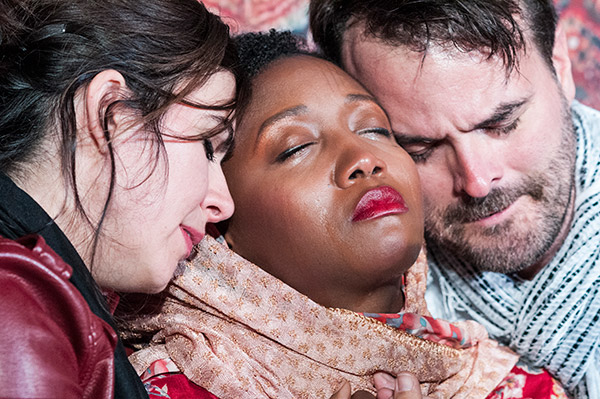
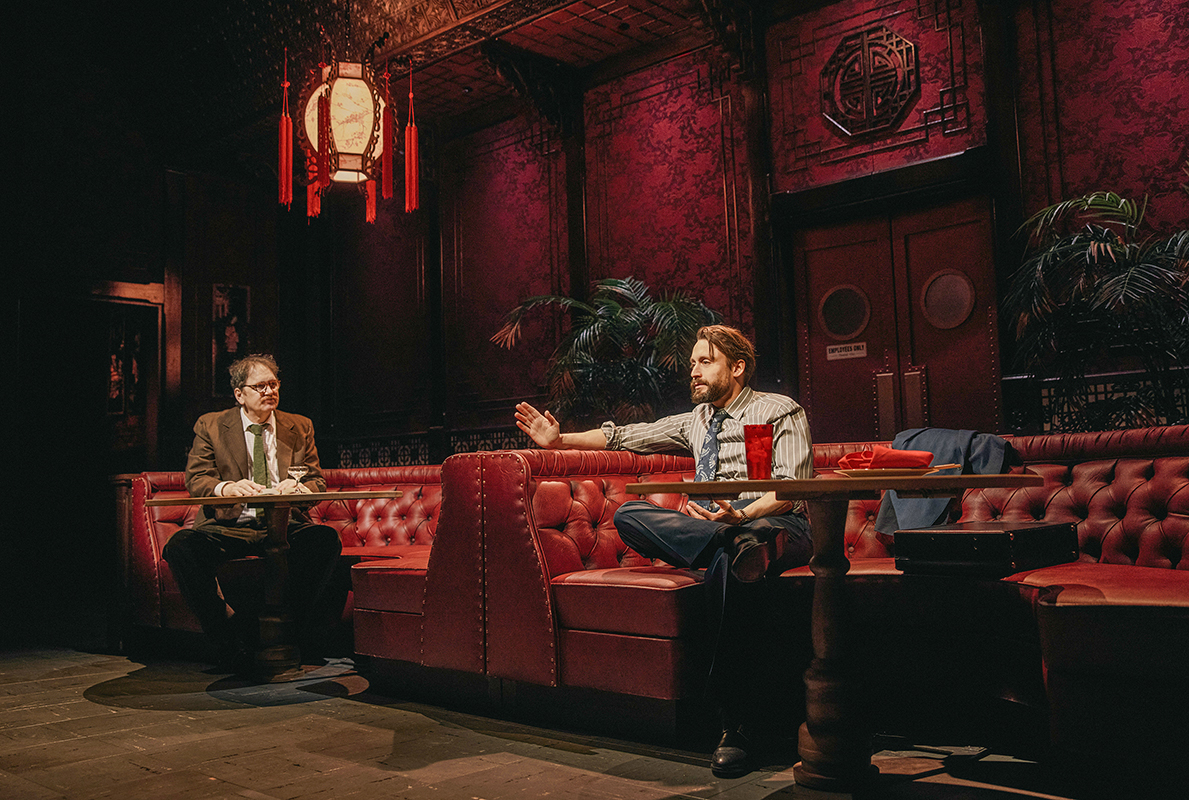
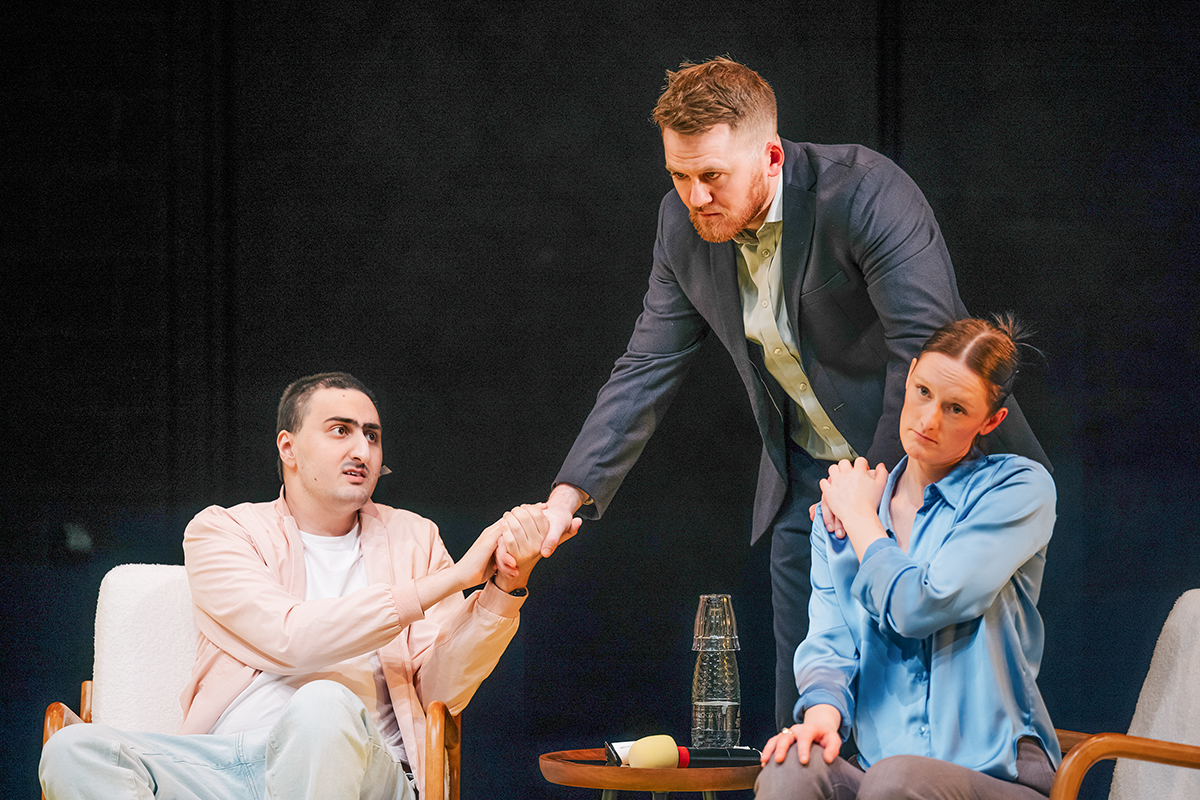














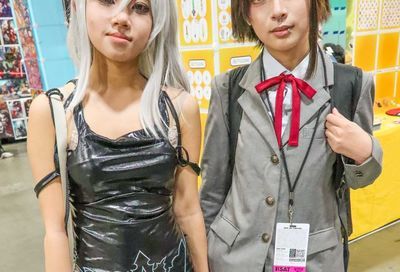
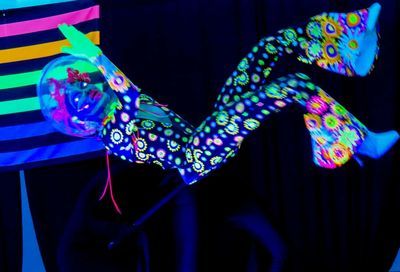
You must be logged in to post a comment.